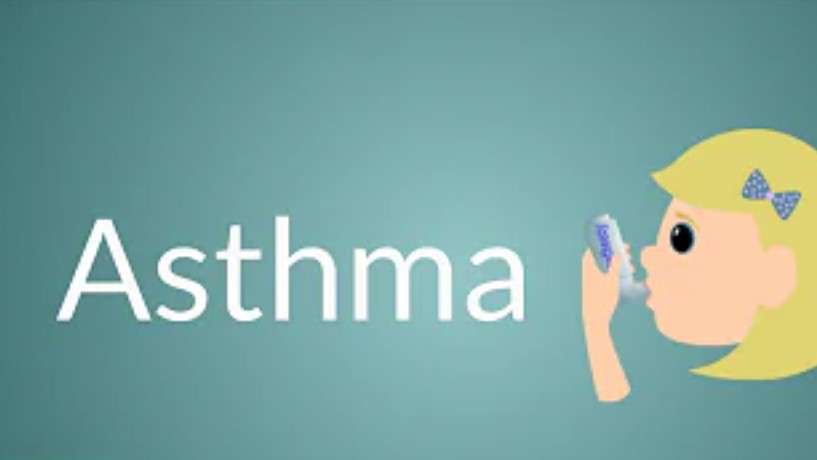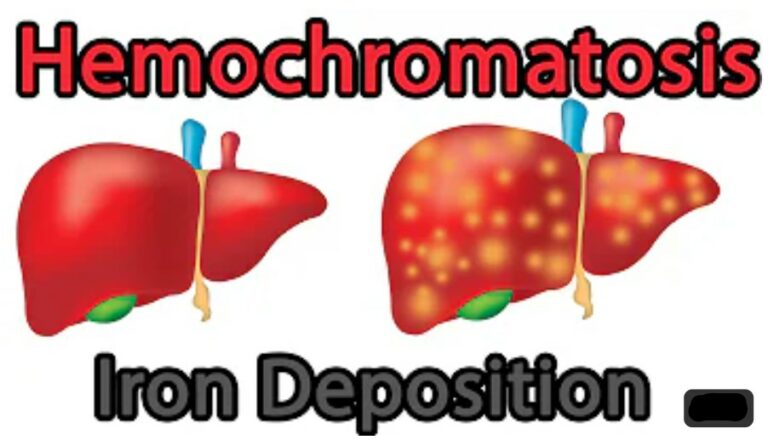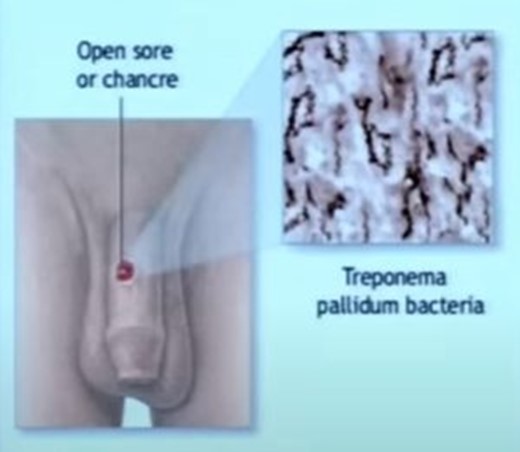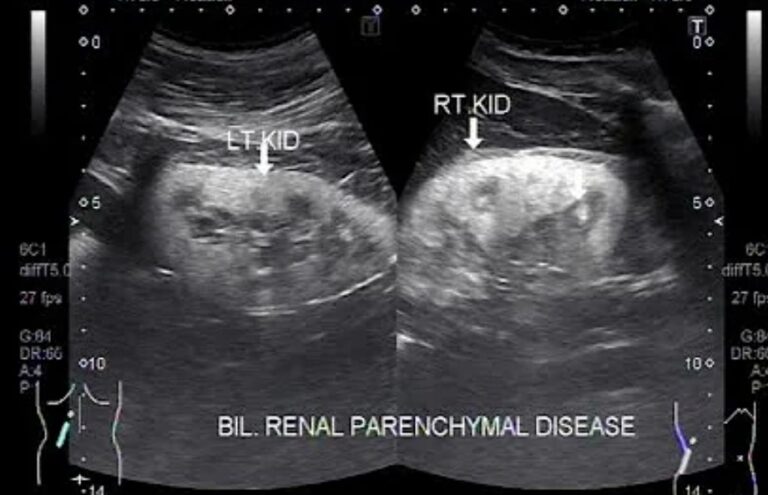Asthma: Causes, Triggers, Symptoms, Treatment!
Have you seen someone who all of a sudden starts struggling to breathe when they are in a place that is dusty, or due to smoke? Think Asthma.
Asthma or Bronchial Asthma is a common condition that affects about 300 million people worldwide.
It is more common in childhood. It is seen more in the towns due to the increased amount of dust and smoke from vehicles. This condition can start at any age. Hence, you can be surprised to see someone who hasn’t felt that way before, only to start noticing it after changing the environment.
A young boy using an inhaler to relieve his Asthma. Image Credits: Central Kasoa Clinic
Some persons have mild disease, whereas others can have severe disease. Inhalers containing Anti-asthma medications are very important in their
What is Asthma
Asthma is a medical condition caused by inflammation (swelling) of the airway. This inflammation (swelling) of the airway is caused by abnormally increased responsiveness of the airway to some substances (e.g. dust), that they are allergic to.
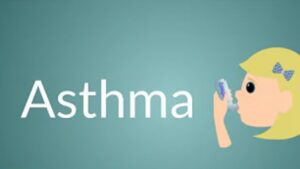
Just imagine a pipe that is supposed to transmit water. All of a sudden, it starts swelling inside. This swelling reduces the amount of water that can pass through that point. If nothing is done, the swelling will continue to increase & block the pipe, and then, no water can pass through again.
This is what happens in asthma, but the water, in this case, is Air. Due to the swelling, you find it difficult to breathe in air, and if nothing is done, death can result.
What causes Asthma?
The cause of Asthma is complex, and it has to do with both genetic & environmental factors.
Genetic considerations: There is a high degree of concordance in identical twins. That is, if one twin has Asthma, there is every chance that the other twin would have it. These indicate a genetic cause of the disease.
Environmental factors include; Allergens, occupational sensitizers, Passive smoking, Respiratory infections & early viral infections.
Asthma triggers include:
- Allergens: Inhaled allergens are the most common triggers of asthma symptoms. Exposure to house dust mites in early childhood is a risk factor for allergic sensitization and asthma.
- Animal furs: Domestic pets, particularly cats, have also been associated with allergic sensitization.
- Upper respiratory tract viral infections
- Exercise: has also been known to trigger attacks
- Cold air: Cold air or temperature can trigger attacks in some people.
- Drugs (like aspirin): There is also a link with paracetamol consumption, which is not clear yet.
- Stress/Emotions: Emotional challenges, like breakups or stress, can also trigger attacks in some persons.
- Irritants (household sprays, paint, fumes).
Symptoms of Asthma
The characteristic symptoms are;
- wheezing: making a whistling sound while trying to breathe.
- Dyspnea: the person would be struggling/gasping for air.
- Coughing
The symptoms may be worse at night.
Treatment of Asthma
There is no permanent cure for this condition, but there are several treatments that can help control it and help affected persons better manage the condition and live their normal lives. This includes;
- Avoidance of exposure to things that are known to cause or worsen asthma such as house dust mites, animal dander (cat allergen), and cigarette smoke.
Certain drugs e.g. aspirin, ibuprofen, etc, and beta-blockers should be avoided. - Drugs: This is done using inhalers containing;
PREVENTERS: used to prevent attacks. Examples are fluticasone, prednisolone, etc.
CONTROLLERS; e.g; salmeterol, aminophylline, montelukast - RELIEVERS: For quick relief of symptoms and use in acute attacks. Examples; salbutamol, terbutaline, Ipratropium bromide, etc
Spread awareness!
Asthma is Manageable!
Always have your inhalers in your bag.
